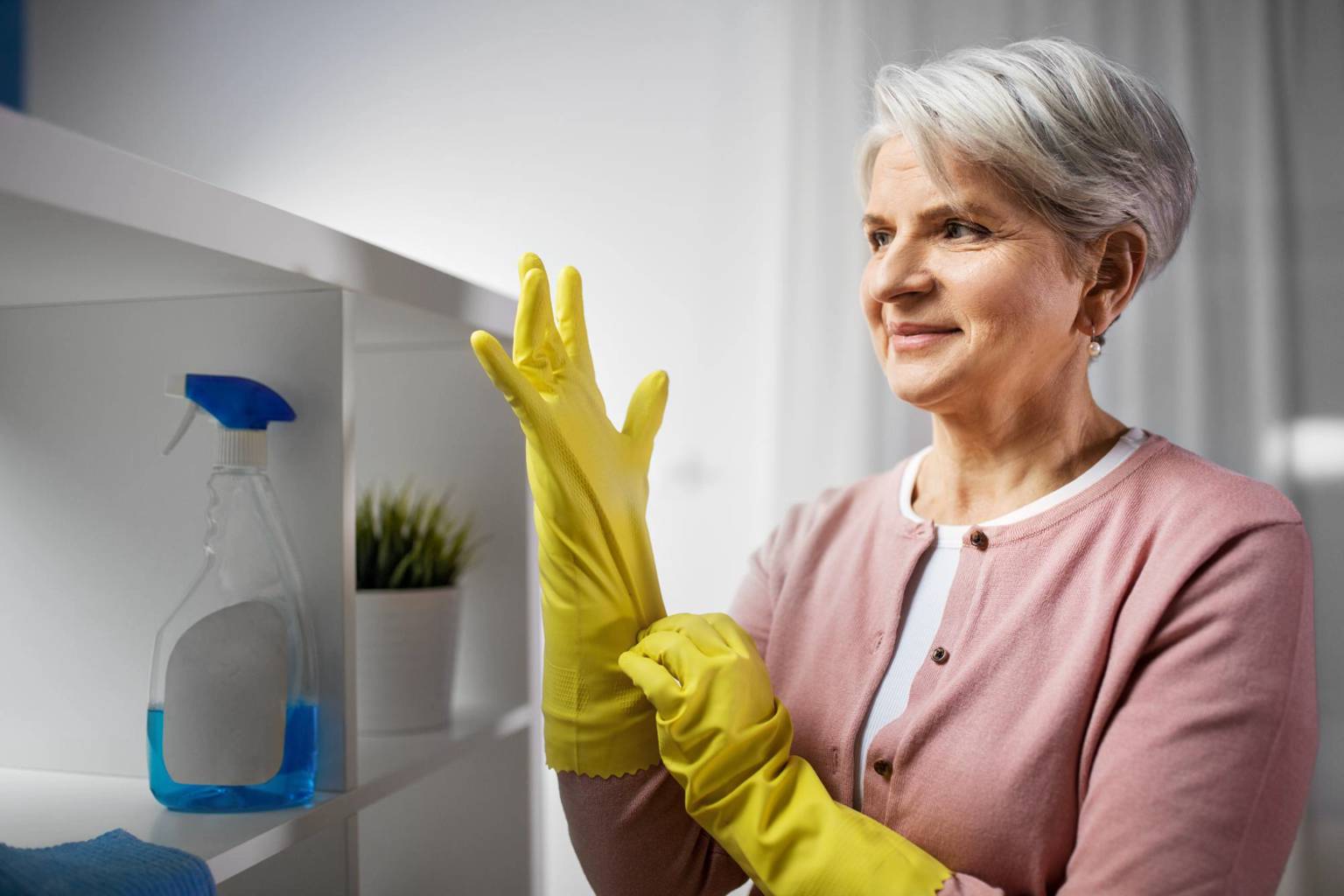Finding easy and effective solutions for household chores can truly change how we feel about cleaning. If you dread streaky windows, you’re not alone. Luckily, a humble kitchen staple has been quietly making windows shine without a trace for generations.
How a simple tradition keeps windows sparkling
Nicole McLoughlin, 57, has been relying on white vinegar to clean her windows for over 30 years. This method was passed down from her grandmother, who believed it was the best way to keep glass pristine — all without harmful chemicals.
Using this natural ingredient has become a ritual, connecting her to a time when people depended on simple, safe household hacks. It’s not just about cleaning; it’s about preserving a tradition of health and sustainability.
Why white vinegar works so well on glass
White vinegar’s magic lies in its degreasing powers and ability to dissolve mineral deposits that often leave unsightly marks on glass. But its benefits don’t stop there. Its antibacterial qualities make it perfect for regularly cleaned surfaces that can attract germs, like windows and mirrors.
When combined with water, it forms a powerful yet gentle solution that tackles dirt without leaving behind harsh chemical residues or damaging finishes.
How to prepare and apply vinegar for spotless windows
Marie-Anne mixes equal parts of white vinegar and water in a spray bottle for a straightforward cleaner anyone can whip up at home. A key tip she shares is using crumpled newspaper for wiping — this old-school technique avoids lint and helps polish windows to a flawless shine.
Spray the solution generously on the glass, then wipe in Z-shaped or spiral motions to reduce streaks. Marie-Anne emphasizes the finishing touch: switching to up-and-down strokes to ensure a streak-free result every time.
More than just affordable cleaning
Choosing white vinegar doesn’t just save money — it can improve your living environment. Household cleaners are often filled with chemicals that release volatile organic compounds, contributing to indoor air pollution. Vinegar is eco-friendly and non-toxic, so it’s safer for your home and family.
From an economic perspective, this vinegar-watering solution costs pennies compared to commercial glass cleaners. Over time, the savings really add up, especially if you clean your windows frequently.
Other surprising uses of white vinegar around the house
Don’t stop at windows. White vinegar shines in many other household roles. It’s fantastic for descaling coffee makers and kettles, cleaning tile grout, and even softening laundry in the wash cycle. Its versatility explains why it’s been a home essential for decades.
I remember once accidentally mixing vinegar with water to clean my windows when I ran out of glass cleaner. The result was so impressive that I’ve stuck with it ever since. Aside from the cost savings, I love knowing I’m using something natural that’s better for my family and the environment.
Are you ready to give this simple trick a try? Let us know if you’ve found other clever uses for vinegar or share your own go-to cleaning hacks. The more we share, the easier housekeeping becomes — and who doesn’t want cleaner, brighter windows all year round?

White vinegar is acetic acid and the polish from using newspaper comes from the printers ink.
Nothing very natural there.